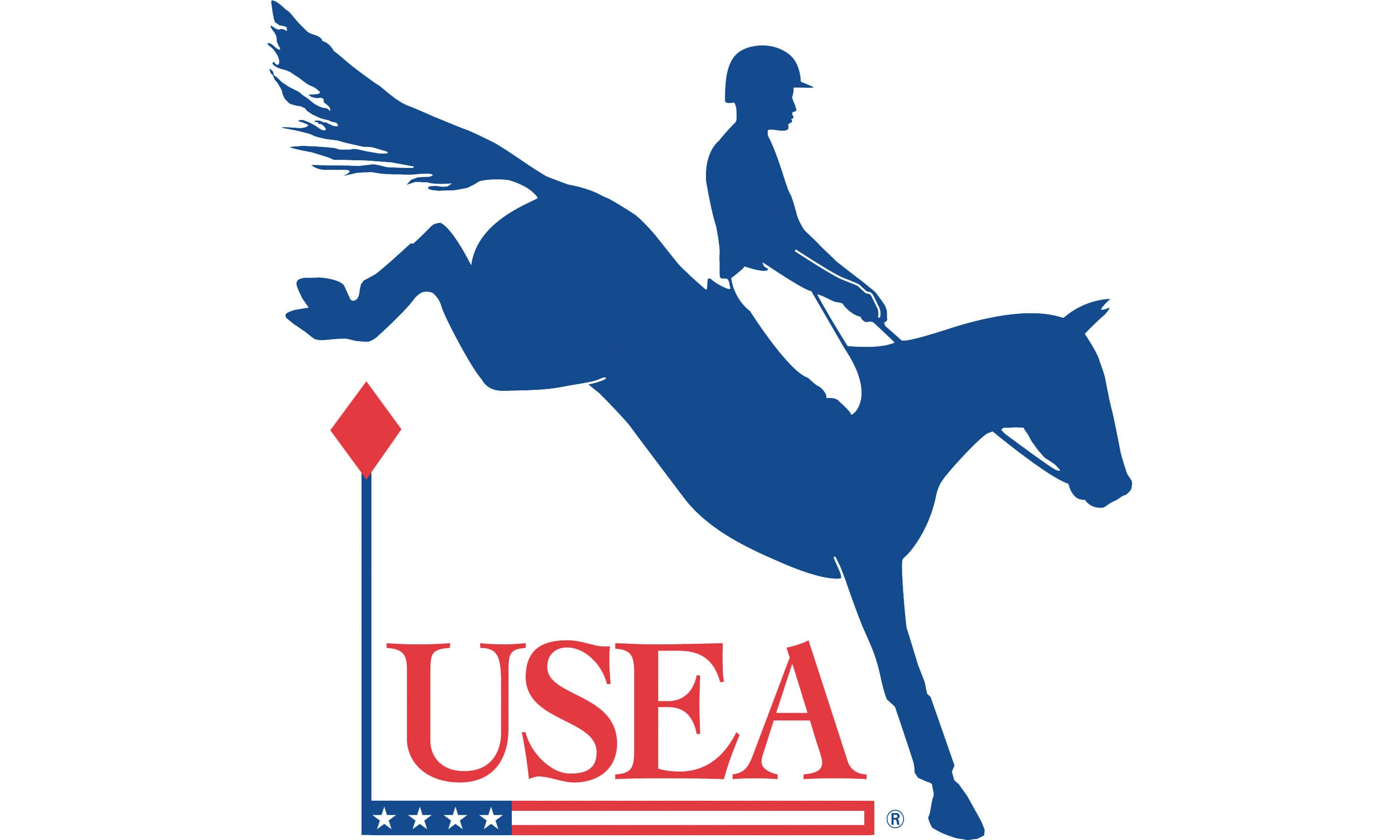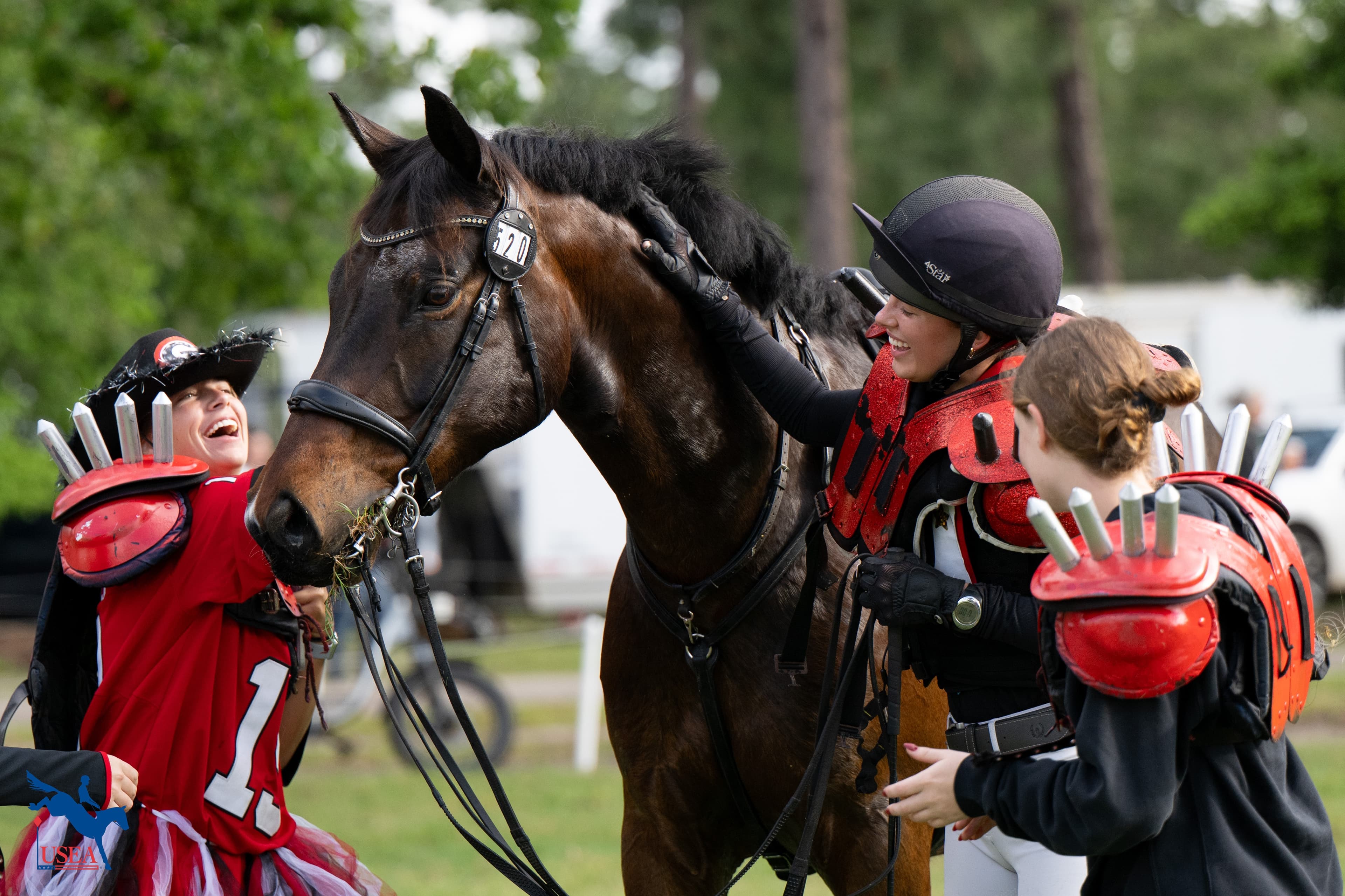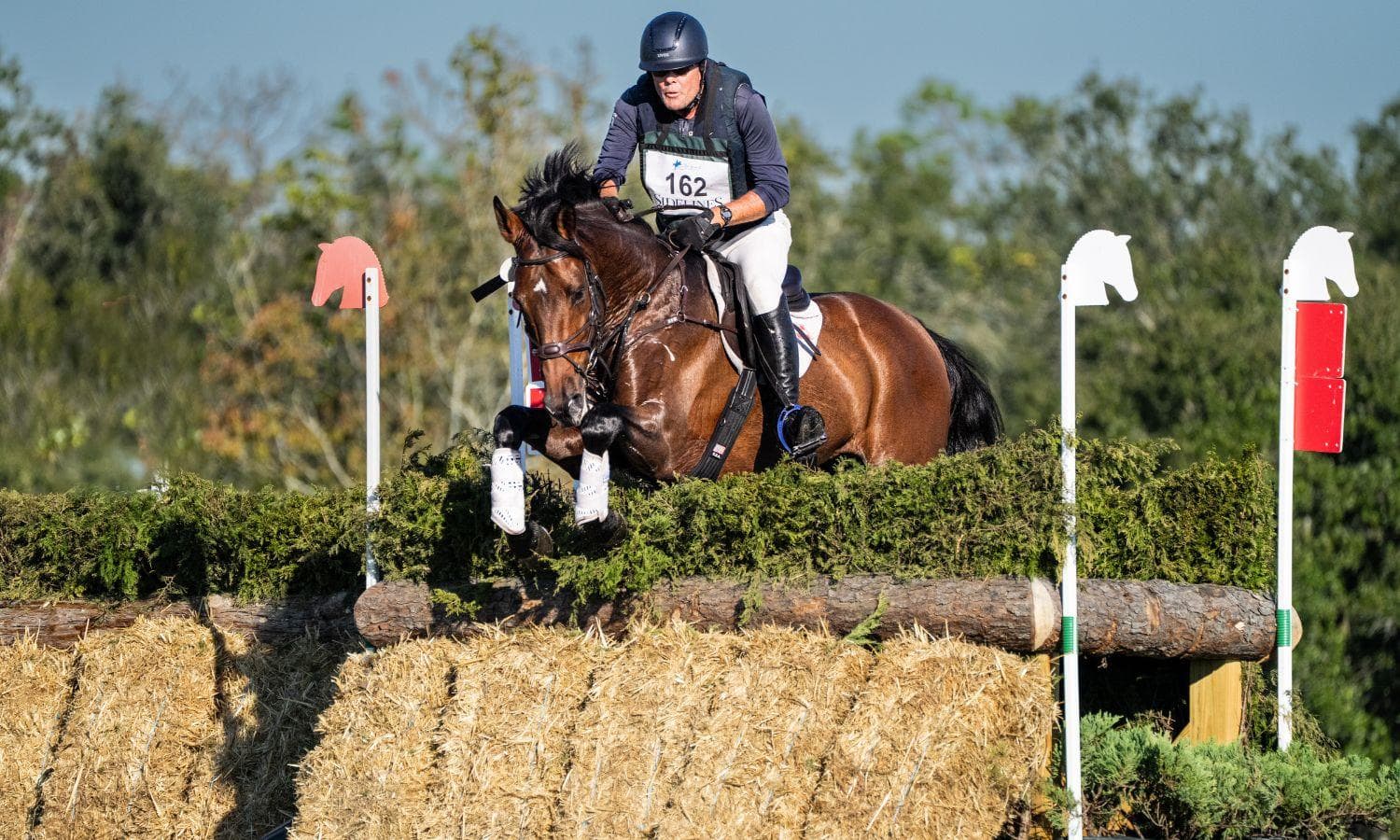USEA to Suspend Recognizing Events for Two Weeks

The United States Eventing Association (USEA) Board of Governors held an emergency meeting on Friday, March 13 to discuss the impact of the coronavirus (COVID-19) on the U.S. eventing community. “While some parts of the U.S. are not yet seeing cases of the coronavirus, we are making these decisions with the entire country and membership in mind,” said USEA President Max Corcoran. “We need to reel in this virus as humans and help make an impact. The USEA is committed to the welfare and safety of our competitors, volunteers, officials, spectators, and fans.”
The USEA Board of Governors voted to suspend recognizing any competitions under its direct jurisdiction held in the U.S. at the Beginner Novice, Novice, and Training levels for a period of at least two weeks (14 days) starting on Monday, March 16. The suspension extends also to USEA recognized educational activities, Young Event Horse, Future Event Horse, and New Event Horse competitions.
Competitions held at the Modified level and above continue to fall under the jurisdiction of the US Equestrian Federation (USEF) and Fédération Équestre Internationale (FEI).
Read the recommendations of the FEI for CCI events here.
Continued Monitoring
The USEA Board of Governors will continue to closely follow recommendations from the CDC, as well as state and federal government, and will monitor the increase in numbers of diagnosed cases, deaths, and geographical spread of the virus to reassess its position before the conclusion of the suspension period on March 30.
Unrecognized Activities
Competitions that choose to run between March 16-30 will do so without USEA recognition. Competitors attending those events will not be able to earn year-end or leaderboard points, USEA Classic Series qualifications, or USEA American Eventing Championships (AEC) qualifications. If attending any eventing related activity the USEA strongly recommends that you follow the CDC guidelines for travel and sanitary practices and practice social distancing.
Rescheduling Activities
The USEA Board is committed to supporting date changes for any competitions scheduled to occur between March 16-30 as rescheduling is in the best interest of the sport. Any events wishing to reschedule for a date outside of the two-week suspension period should contact their Area chair to begin the calendaring process. The USEA has been notified that the USEF has agreed to waive any fees associated with date changes.
Reimbursement of Fees
The USEA will refund organizers' registration fees to all organizers that were paid to the USEA for events scheduled to take place between March 16-30. USEA starter fees are to be refunded to entered competitors by competition organizers.
Questions
The USEA is dedicated to the safety of our entire eventing community and looks to each stakeholder to help make smart decisions for the health of our sport and our country.
For questions about the USEA’s decision please contact [email protected].















